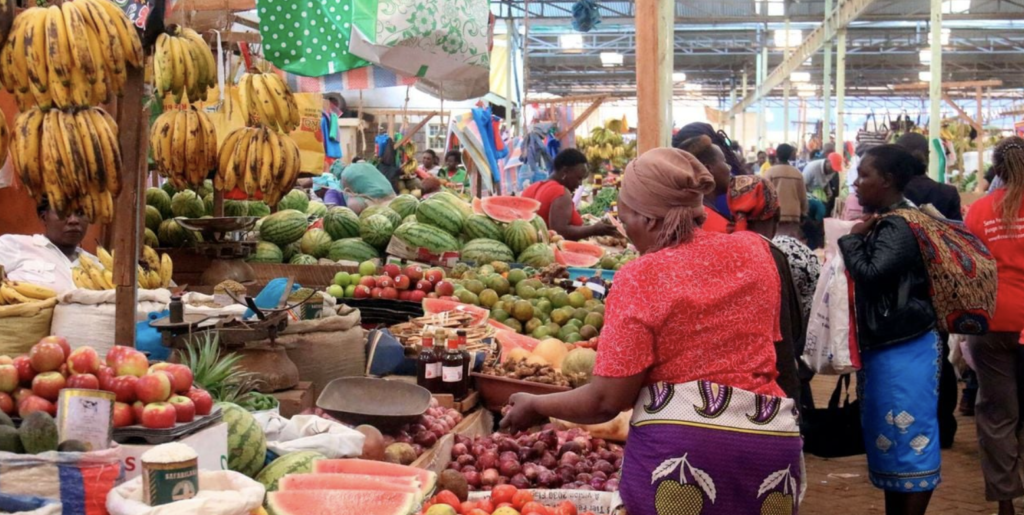A majority of Kenyans are either in a severe financial distress or are struggling to make ends meet as the harsh economic times continue to hit many families much harder.
This is according to the latest survey released by Infotrak Research and Consulting, which shows that over 73% of Kenyans are currently in dire economic distress.
-
Sale!
Download Nairobi Law Monthly Magazine July 2024 Edition
Downloads Original price was: KShs200.00.KShs100.00Current price is: KShs100.00.
The poll, which was released on Monday January 22, 2024, argues that the high cost of living, increased taxes, lack of jobs and poor farm yields are some of the issues linked to the harsh economic times.
Equally, the economic hardships have also had various impacts on Kenyans. 48% of those surveyed said they have been experiencing increased stress and anxiety, 32% have had strain on personal relationships, 21% have had physical health issues and 18% have had mental health effects.
In terms of regional representation, the Infotrak argues that the regions most affected are those of North Eastern, Coast, Central and in the Rift Valley where 78%, 76%, 74% and 73% of those surveyed respectively, agreed that the harsh economic times had put a stress on their lives.
Similarly, getting a side hustle and reducing non-essential expenditure are the main coping strategies adopted by Kenyans to cope with the economic hardships.
Of those surveyed, 45% said that they are engaged in a side hustle to supplement their income, 41% said that they have reduced their expenditure on non-essentials, while another 8% have taken out loans to fill the gaps.
Family and friends and government assistance programs have also been cited as the most helpful resources and support systems to deal with the economic hardships.
About 48% of those who were surveyed felt that family and friends have been the most helpful. 24% feel government assistance programs have been the most helpful. 19% cited support from NGOs.
“Kenyans would need support from the government to cope with the economic hardships. 26% recommend reduction of the cost of living. 13% suggest creation of more employment opportunities and reduction of fuel prices. 12% suggest reduction of the cost of education and the reduction of the high taxation,” Infotrak says.
Additionally, most Kenyans are pessimistic that things will get tough in 2024. 67% think school fees will increase. 56% think unemployment will increase. 52% the Dollar Exchange rate against the Kenyan shilling will increase. 51% think the cost of Energy will increase.
The survey involved1500 people to represent the universe of adult Kenyans who were 18 years and above at the time of the survey. The sampling frame was designed using Population Proportionate to Size (PPS) guided by the 2019 Census.
“The survey covered all the 47 counties and 8 regions of Kenya. To ensure national representativeness, the distribution of the survey sample across the regions was proportionately allocated,” said Infotrak.


